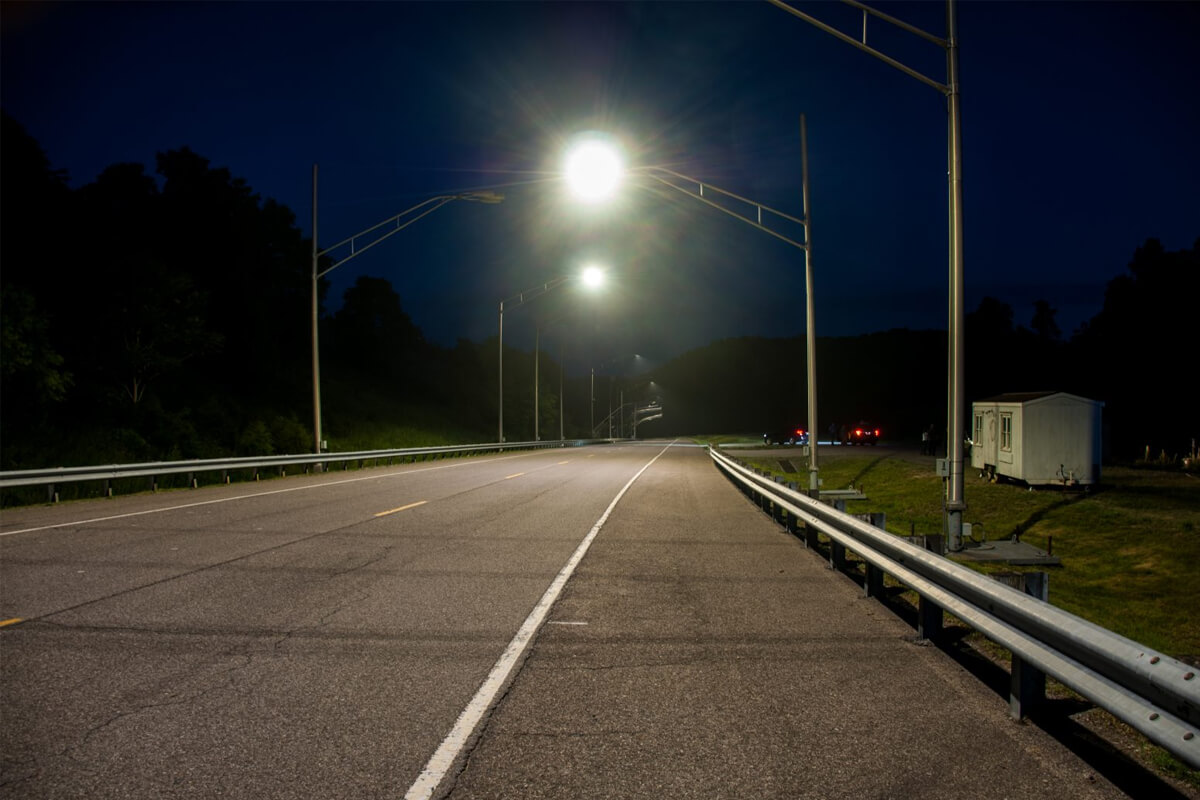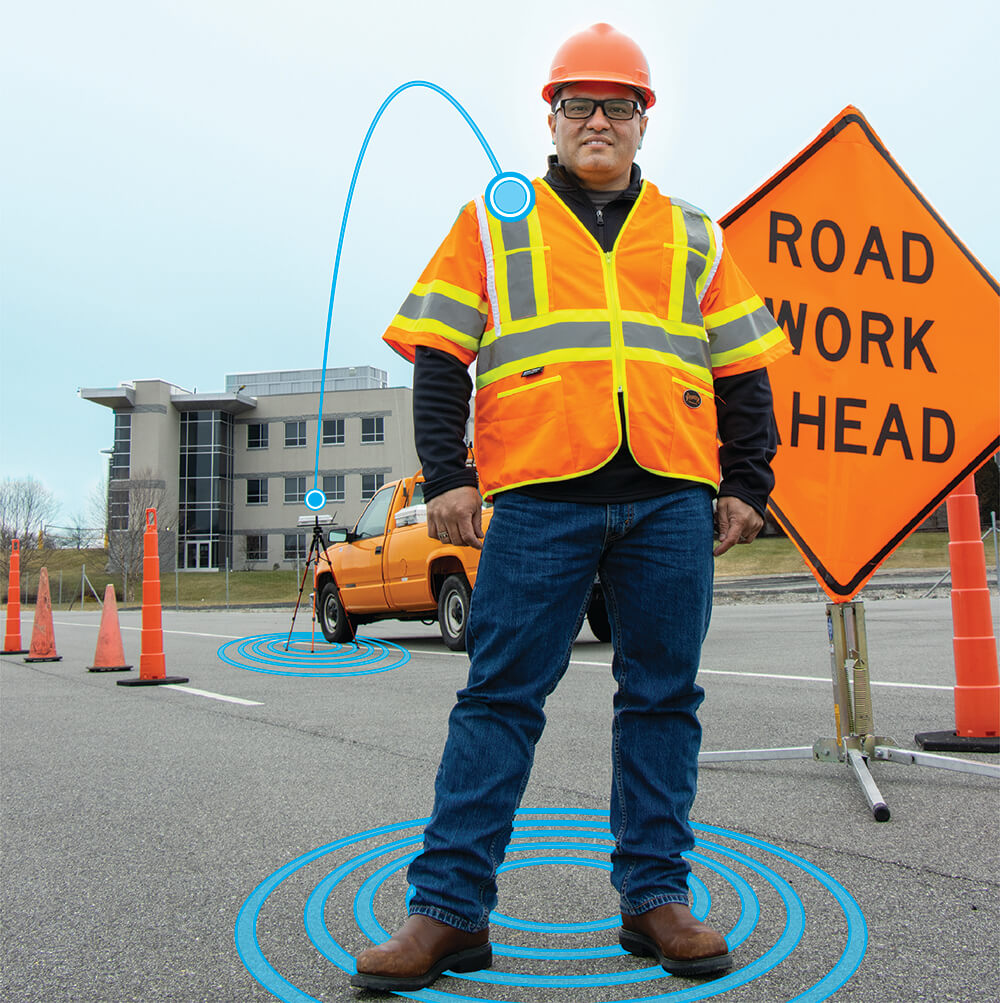The Division of Technology Implementation (DTI) participates in the investigation of transportation-related requirements, selection of vendor solutions, development of hardware and software solution components, systems integration, data collection, data analysis, performance analysis, and cost/benefit estimation. DTI leads outreach activities that join partners into consortia to collaboratively resolve the legal, policy, operational, and technical issues required to conduct an effective implementation. DTI develops and maintains connected vehicle test bed environments including a cloud computing environment, roadside communications and localization equipment, dashboard applications for performance monitoring, and mobile reference applications. DTI has deployed these capabilities on closed test tracks and live operational environments on public roads. DTI also specializes in the development of customized web and mobile applications that are used for a variety of transportation research purposes.
- Technology Implementation Research
- Infrastructure-Based Safety Systems (IBSS)
- Application Development
- Smart Cities Technology

Mike Mollenhauer
Division Director

Ron Gibbons
Infrastructure-based Safety Systems

Dean Iverson
Application Development

Sarah Robinson
Program Manager

Jean Paul Talledo Vilela
Implementation Research

Reg Viray
Smart Cities Technology
- INNOVATION: As one of the key emerging innovations in transportation, ADS-equipped vehicles have the potential to improve safety by reducing opportunities for human error while increasing operational efficiencies, leading to substantial societal benefits. Despite the recent significant technological progress, several dynamic operational scenarios remain unsolved in terms of how they will be safely negotiated by ADS, thereby limiting our ability to integrate ADS-equipped vehicles into the U.S. transportation system. DTI is leading a $7.5M FHWA grant to develop and demonstrate innovation solutions to enable L4+ ADS to handle those complex, unsolved scenarios with infrastructure or public services.
- IMPLEMENTATION: DTI collaborates with government and industry partners to deploy cutting-edge technologies in real-world environments, gathering data to understand the benefits, quantify performance, and develop guidance to overcome barriers to broad-scale implementation. VTTI partnered with VDOT and industry partners to launch an initial deployment of connected vehicle-to-everything (C-V2X) technologies on the roadways within the Virginia Connected Corridors in Northern Virginia and the Virginia Smart Roads. C-V2X communications can help deliver critical safety messages between vehicles and infrastructure with minimal latency.
- INDUSTRY BEST PRACTICES: With significant contributions from VTTI, the National Academies of Science, Engineering, and Medicine have published the first national guidelines for using light-emitting diode (LED) lamps to light U.S. roadways. Much of our industry-sponsored research contributes directly to the continued development of advanced vehicle technologies, but cannot be shared publicly due to the proprietary nature of this research.
- RESEARCH: DTI has a broad research portfolio with a common goal of collecting data to aid decision-making processes for technology development and deployment guidelines. DTI is currently leading an effort to develop and pilot smarter work zones technologies, including smart personal protective equipment, mobile base station units to broadcast work zone information to connected vehicles, and integrated channelizing devices. Data collected by the technological components and system users throughout the project life cycle will allow researchers to optimize the system and prepare for real-world deployment.
- DATA: Real-world datasets collected during cutting-edge technology deployments are invaluable to technology developers and pilot users including infrastructure owner-operators and original equipment manufacturers (OEMs). DTI is currently collecting real-world, naturalistic data for a low-speed automated shuttle operating in northern Virginia, shared, dockless e-scooters deployed on the Virginia Tech campus, and a smart intersection system deployed at an intersection on the Virginia Tech campus to detect vehicle and pedestrian movements. The IBSS Group has collected over 5,000 miles of real-world roadway lighting measurements.

